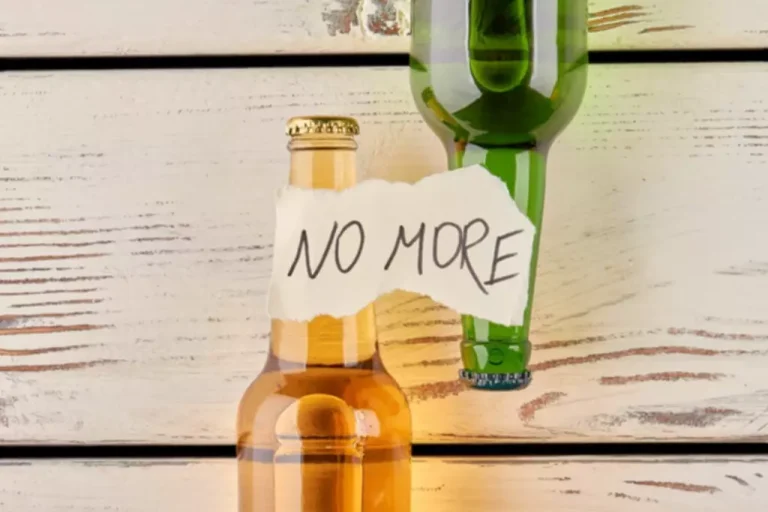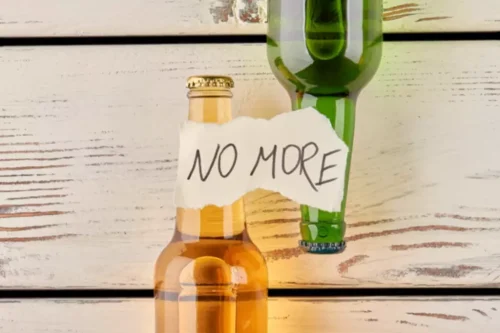
If someone regularly drinks more than the recommended amounts of alcohol — one drink daily for women and no more than two drinks daily for men — they may experience negative health consequences. For example, their body may become dependent on the alcohol, and their brain chemistry may change. Rauwolfia serpentina and alcohol may have additive effects in lowering your blood pressure (medically called hypotension). Side effects can include headache, dizziness, lightheadedness, fainting, or changes in heart rate.
Help for Alcohol Cravings in Colorado
Although alcohol has been consumed for centuries, the long-term effects of excessive and regular consumption can be severe. Regular drinking increases the risk for a number of chronic conditions which can have serious health implications. High blood pressure, heart best vitamins for recovering alcoholics disease and liver cirrhosis are just some of the potential complications that could occur from overuse or abuse of alcohol.
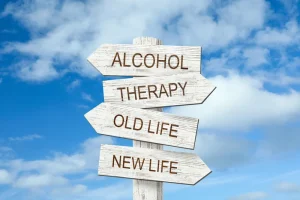
Can vitamins protect the brain from alcohol’s adverse effects?
Alcohol abuse and nutrient deficiencies can lead to reduced bone density and an increased risk of osteoporosis and fractures6. A lack of vitamin C can deplete bone and muscle strength, leading to chronic fatigue and a lack of energy. In addition, folate deficiencies can cause anemia, wherein the body lacks red blood cells for carrying oxygen to the tissues3. If you’d like to learn more about eating certain foods during treatment with Crestor, talk with your doctor. When taken with Crestor, the aluminum and magnesium hydroxide in the antacid may attach to Crestor. This can prevent your body from absorbing Crestor as well as it should.
Vitamin Deficiency Treatment In Drinkers
Valerian is a flowering plant that’s also used as an herbal sedative supplement. It works by increasing the concentration of gamma-aminobutyric acid (GABA) found Drug rehabilitation in your brain, thus inhibiting the nervous system and facilitating sleep. This is great for anybody who suffers from insomnia, anxiety, or other common ailments, but it’s bad news if you’ve combined the supplement with alcohol.
Research indicates that it can help protect against oxidative damage caused by alcohol consumption and other environmental toxins. It’s also important to make note of what vitamins and supplements — if any — were consumed prior to the emergence of symptoms. This will help you identify the cause of the adverse reaction and prevent it from happening again.
What else should I avoid while taking topiramate?
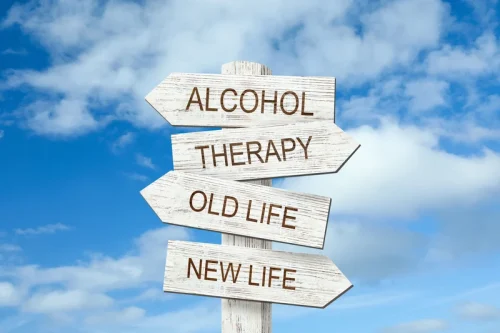
Therefore, it’s possible that taking Eliquis with testosterone could make Eliquis less effective than usual. No specific interactions between vaccines and Eliquis have been reported. If you have questions about getting vaccines during Eliquis treatment, talk with your doctor or pharmacist. If you have questions about drug interactions that may affect you, talk with your doctor or pharmacist. Eliquis may have other interactions, such as with supplements, foods, vaccines, or even lab tests. Due to this risk, doctors typically will not prescribe thrombolytic drugs in combination with Eliquis.
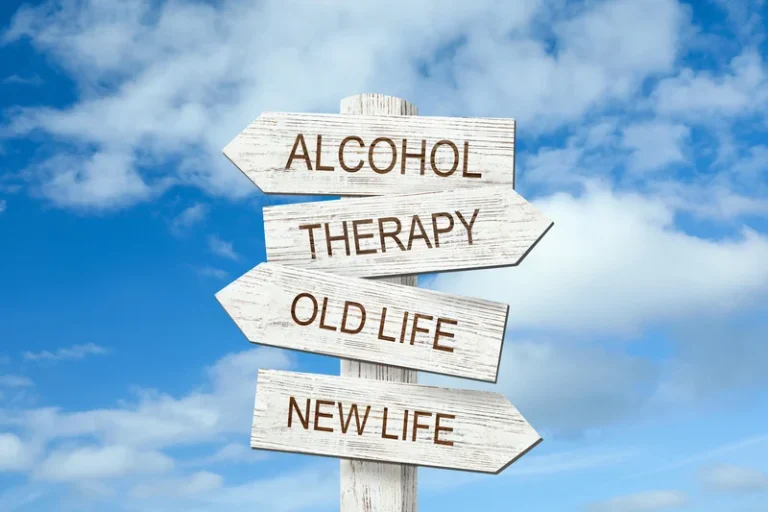
Addicted to Food?
And the paperwork, sometimes called the medication guide or patient package insert, may contain details about interactions. Cannabis (often called marijuana) and cannabis products, such as cannabidiol (CBD), have not been specifically https://ecosoberhouse.com/ reported to interact with Crestor. However, as with any drug or supplement, talk with your doctor before taking cannabis in combination with Crestor. The impact of cannabis may affect how well you stick to your Crestor treatment plan. There are no specific reports of vaccine interactions with Crestor. If you’d like to learn more about getting certain vaccines during treatment with Crestor, talk with your doctor.
What are the signs and symptoms of vitamin B deficiency in drinkers?
If you’ve mistakenly mixed alcohol with supplements and you’re worried that an adverse reaction may occur, there are several important symptoms to look out for that may indicate immediate distress. These symptoms indicate that a person may be having a toxic reaction to the mixture of alcohol and supplements. If you suspect that you or somebody else may be having a medical emergency — or if you notice any of the following symptoms — call 911. It's essential to talk with a health professional before introducing any new supplements to ensure they're right for your unique needs and to avoid potential interactions or side effects. The Recovery Village at Palmer Lake offers comprehensive addiction treatment for drug and alcohol addictions and co-occurring mental health conditions. B-vitamin deficiencies are common in those who struggle with alcohol.
- Unfortunately, in some cases, alcohol and supplement combinations can yield fatal results.
- In addition, magnesium may help treat depression, fatigue and stomach upset, which are common symptoms of alcohol withdrawal.
- Eliquis may have other interactions, such as with supplements, foods, vaccines, or even lab tests.
- There may be certain medications you should avoid while taking topiramate.
- In addition, Kaur et al. 103 studied examined vitamin E supplementation in ethanol-treated mice and found that it restored redox state, decreased apoptosis, and lowered oxidative stress markers.
- Many people choose to drink Gatorade or powerade after a night of drinking to help with their hangovers in the morning.
More research is needed, but early studies suggest that CBD may help with pain management, anxiety, alcohol cravings, and even liver and brain damage linked to excessive drinking. Despite its presence in marijuana, CBD itself does not cause an individual to feel high. If you can find a pure or reliable source of CBD, it might be worth trying as a supplement for alcohol withdrawal. People who drink alcohol are at higher risk of calcium deficiency, since alcohol interferes with your body’s ability to properly absorb this vital nutrient. This can increase the chances of developing osteoporosis, especially for women. If you’re currently drinking, trying to cut back, or in recovery, taking calcium supplements is another great way to protect your overall health.







